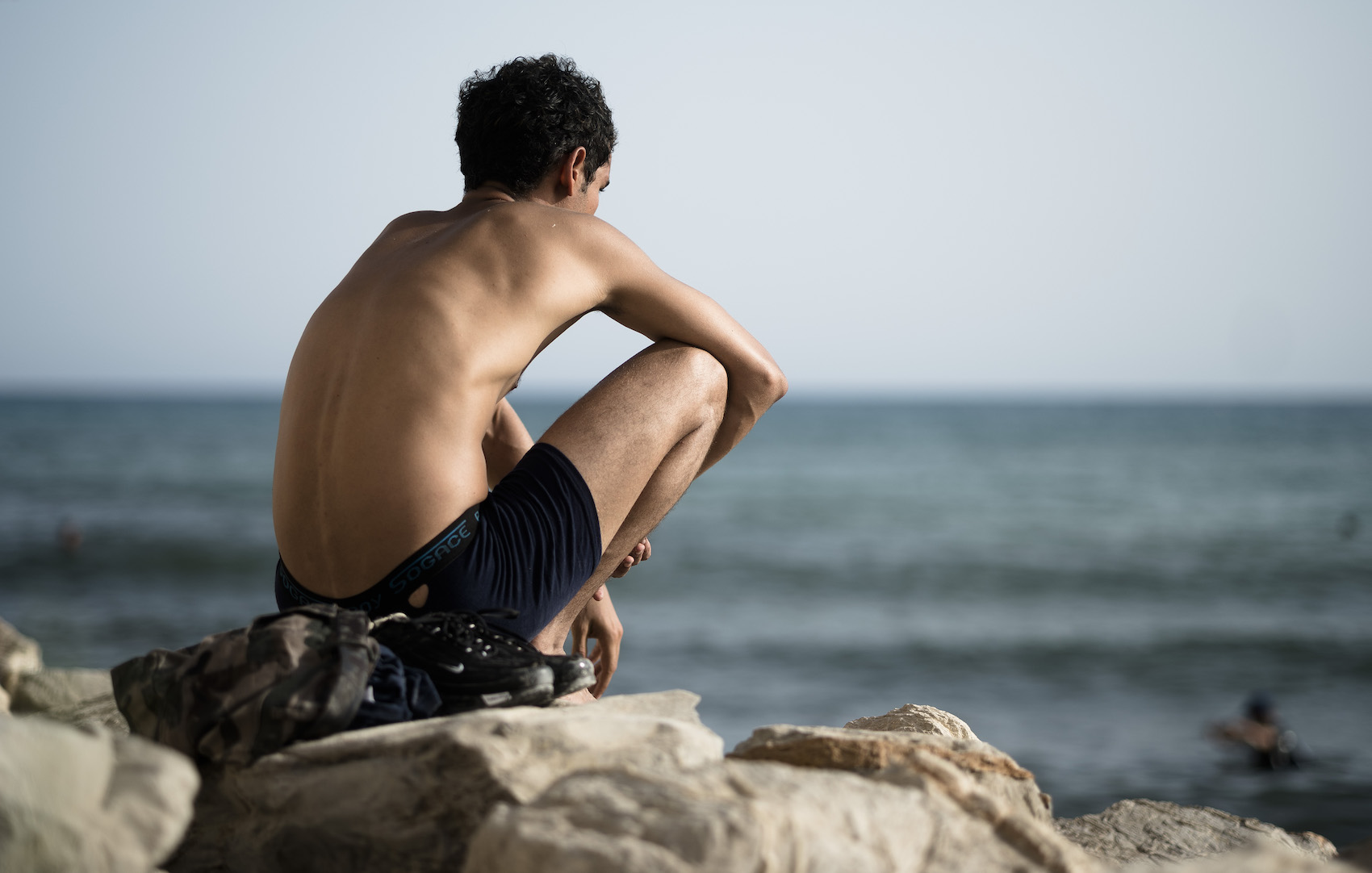It was a double win for the film Harka at the closing ceremony of the Red Sea International Film Festival in its second edition. Harka’s Lotfy Nathan was awarded as Best Director and his main lead Adam Bessa took home the Best Actor trophy.
Nathan’s film which tackles inequality in the Tunisian society took us through the creative and execution process of the critically acclaimed film Harka.
AM: As an American-Egyptian director, why did you choose to focus on the political situation in Tunisia?
Initially the film was going to be about the root of the revolution, even symbolically, because it may very well have happened elsewhere in the region, but there had to be some catalyst. And I found it very interesting that there was one character named as the symbol of it all, Mohamed Bouazizi. I thought it would be great for a film because it was a pre-political story with a human touch and a larger scope. It could have been in many other places and the balance in the film allows it to have this sense without being too specific.
AM: What is your relation with Tunisia, and how much field research did you have to do?
My relationship initially was zero, I didn’t live in the Middle East before. But being of Egyptian origins I understand things and have feelings about the region. Coming from a documentary background, I spent a lot of time going to Tunisia over the course of six years and talked to the people, looked around to try to get a sense of the place. My research wasn’t for studying the political backdrop of the country, but rather to observe the country from my outsider perspective.
AM: Which angle did you want to portray about the Arab spring?
I don’t think there’s a general answer for the region, after revolution comes crisis, and that’s a given. Whether revolution is a success or a failure is abstract because it comes with a cost, and the system is often replaced by the same mechanism though it may look different on the surface. So, I try not to make that kind of statement, but what I did do is feed the attitude towards it into the main character Ali, who is a bit tired, resigned and kind of over it.
AM: And what were the challenges on set?
Lots of challenges, we knew that our schedule was going to be brutal. It was 12 to 14 hours of filming a day, so even when we started with great morale, we learned that we have to work for 7 days a week because there was a military activity happening that could interrupt production. It did affect people’s spirits. The project was always under threat, but once production started it felt like we were jumping into a sinking ship and that we had to make it float no matter what.
Synopsis: Ali is a young Tunisian who dreams of a better life and ekes out a lonely existence selling contraband oil on the black market. When his father dies, he is forced to care for his two younger sisters who have been left to their own devices in a house from which they will soon be evicted. As he wrestles with the sudden weight of responsibility and the injustices he faces, anger and indignation stir within Ali – that of a generation still fighting to be heard more than a decade after the revolution.
{{posts[0].title}}
{{posts[0].date}}
{{posts[0].commentsNum}} {{messages_comments}}
{{posts[1].title}}
{{posts[1].date}}
{{posts[1].commentsNum}} {{messages_comments}}
{{posts[2].title}}
{{posts[2].date}}
{{posts[2].commentsNum}} {{messages_comments}}
{{posts[3].title}}
{{posts[3].date}}
{{posts[3].commentsNum}} {{messages_comments}}


